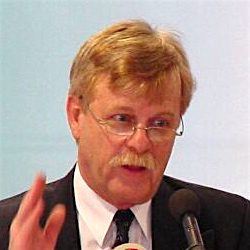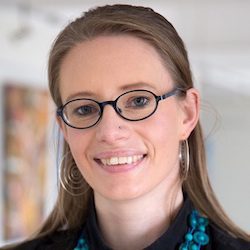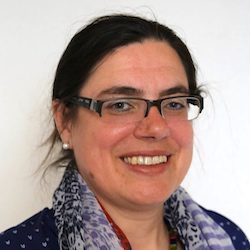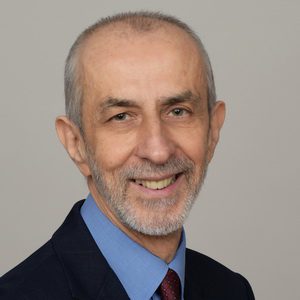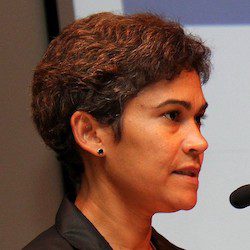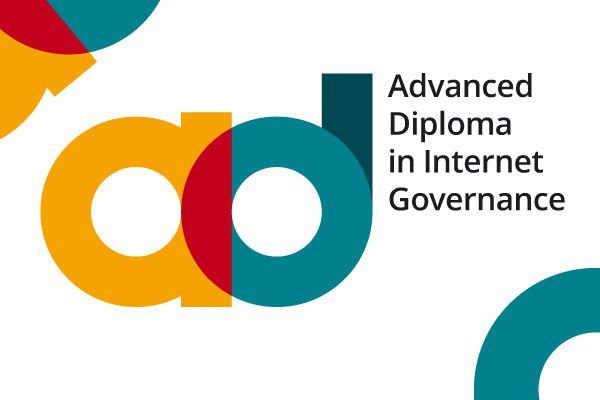Small and developing states with limited geographical, human, and financial resources face the challenge of doing more with less: they need to employ all available methods to increase their representation, including networks, alliances, and information technology tools. The effective presence of such states in International Geneva is vital for their social and economic development, as Geneva is the main governance hub for issues such as trade, climate change, health, and migration. Yet, diplomats representing small and developing states often lack the experience and exposure to Geneva-based institutions and processes that would allow them to ensure the interests of their nations are well represented.
Please read the course details below to learn more about the programme and to determine if you are eligible to apply.
This programme is run in cooperation and with the support of the Federal Department of Foreign Affairs of Switzerland (FDFA).
What will you learn?
- Increase the capacity of the selected states to participate efficiently and effectively in multilateral diplomacy.
- Strengthen functional links between participating states and International Geneva.
- Help the participating states make effective use of e-tools in order to overcome geographical, financial, and human resource limitations.
- Make participants from the selected states aware of the importance of the activities and decisions being taken or implemented in Geneva.
How will you learn?
In this course you will interact intensively in discussions with classmates and lecturers from around the world. You will receive guidance and personalised feedback on your classwork from the course team.
Course lecturers
Christopher Lamb
Former Australian Ambassador and Humanitarian Diplomacy Head, IFRC
Katharina Höne
Scientific Officer, DLR Projektträger (German Aerospace Center) | Researcher Diplomacy and Technology
Michaela Told
Executive Director, Global Health Centre, Graduate Institute Geneva
Amb. Milan Jazbec
Ambassador, Ministry of Foreign Affairs of Slovenia, and professor of diplomacy
Solange Mike
Associate Faculty Member, Diplo
Virginia (Ginger) Paque
Senior Policy Editor, Diplo
Who should apply
This course is open to diplomats and other government officials, as well as civil society and academia, from small and developing African states.
Overview
This training consists of 3 different phases:
- During the six-week interactive online learning phase (31 October – 16 December 2016), participants attend an interactive six-week online training course. The course focuses on topics of special relevance for Caribbean nations governed by Geneva-based institutions (environment and climate change diplomacy, human rights diplomacy, trade diplomacy, health diplomacy, humanitarian diplomacy, and Internet governance and telecommunication policy).
- During the four-week policy research phase (16 January – 10 February 2017), participants select a research topic of relevance to their country and connected with the multilateral diplomatic scene in Geneva. They investigate and analyse this topic under the guidance of a research tutor, and with access to expert consultants for advice as needed.
- The policy immersion phase in Geneva (spring 2017, dates to be determined) brings the ten top participants from the online course to Geneva for visits to international organisations in Geneva, meetings with officials working on small state issues, discussion of the diplomacy of small states (main issues and challenges in multilateral diplomacy), and other activities.
Also of interest
Need more info:
DiploFoundation (attn Tanja Nikolic)
Anutruf, Ground Floor, Hriereb Street Msida, MSD 1675, Malta
Methodology
This online course is based on a collaborative learning approach, involving a high level of interaction. Reading materials and the necessary tools for online interaction are provided in a virtual classroom.
Each week, participants study and discuss course materials and complete additional online activities. At the end of the week, participants and lecturers meet to discuss the topic of the week. For successful completion, this course requires a minimum of 6 to 8 hours of study time per week.
Prerequisites
Applicants must:
- be a citizen of, or reside in, a small, developing African state.
- have at least one year of work experience as a diplomat or other government official, or within civil society or academia, in their respective states.
- have sufficient knowledge of the English language to undertake postgraduate-level studies.
- have regular access to the internet (dial-up connection is sufficient, although broadband is preferable).
Fees and scholarships
Participation in this course for selected applicants is fully funded by the Federal Department of Foreign Affairs of Switzerland (FDFA).
How to apply
If interested in this course, please contact us at admissions@diplomacy.edu.
